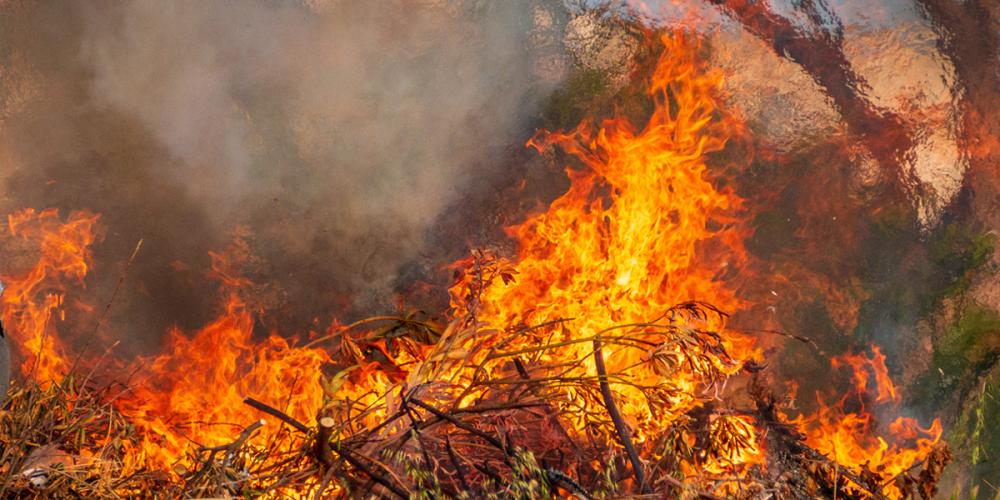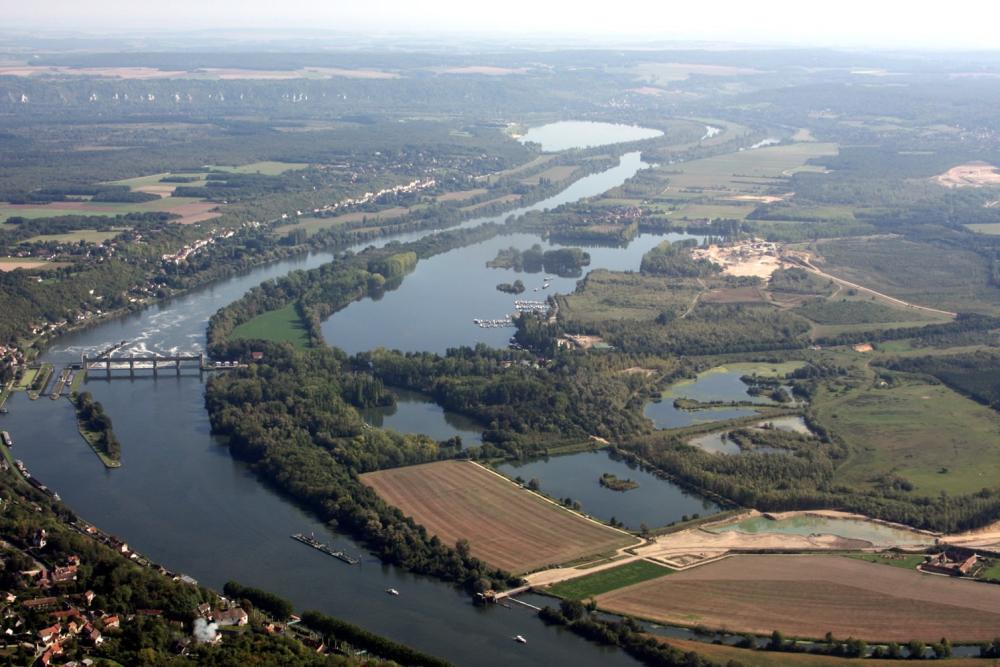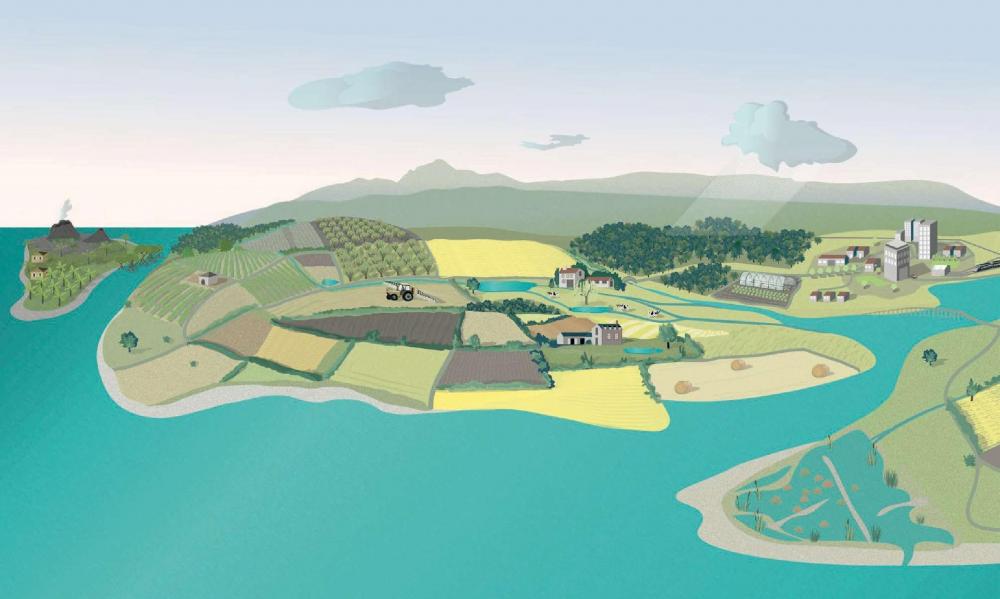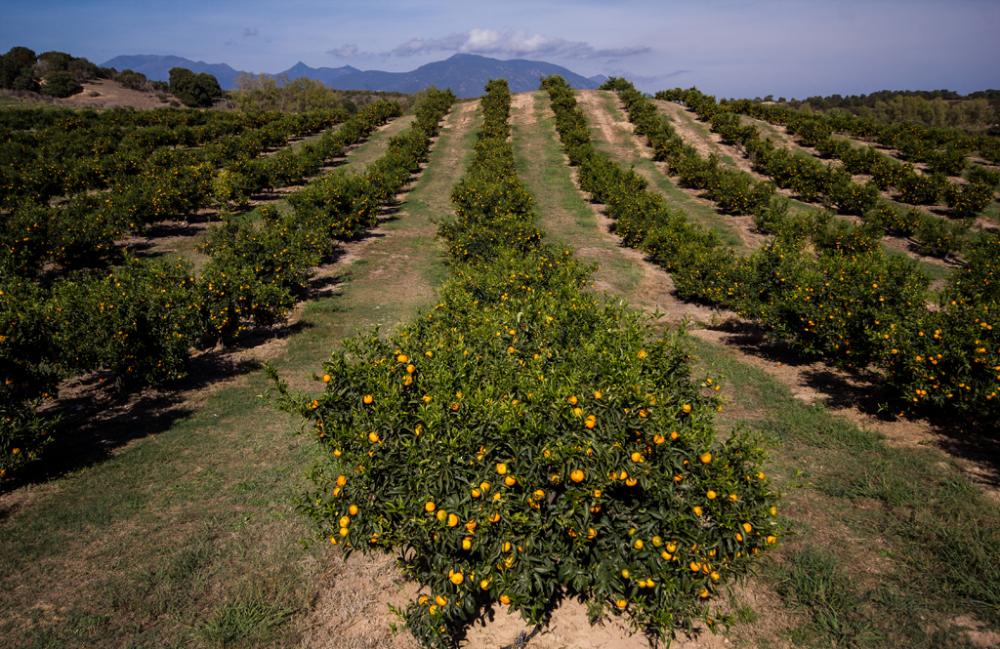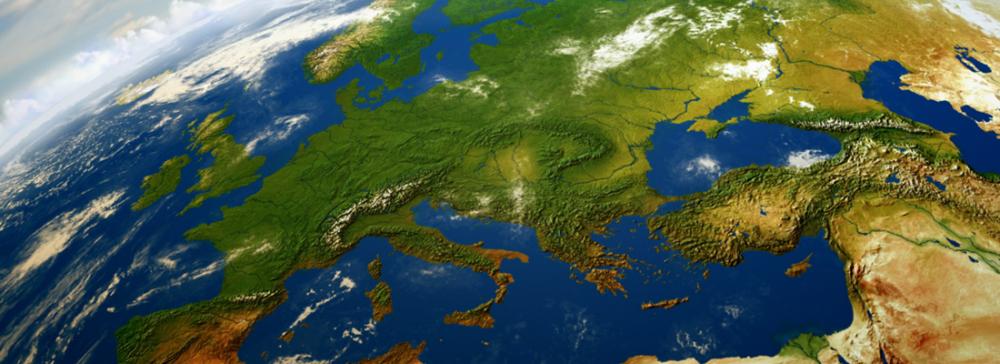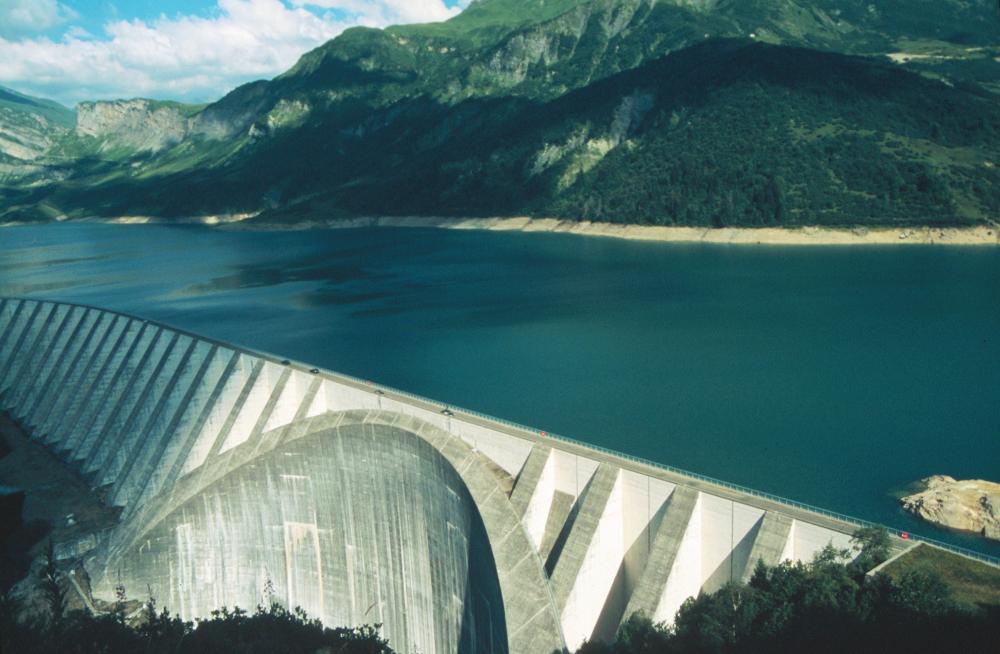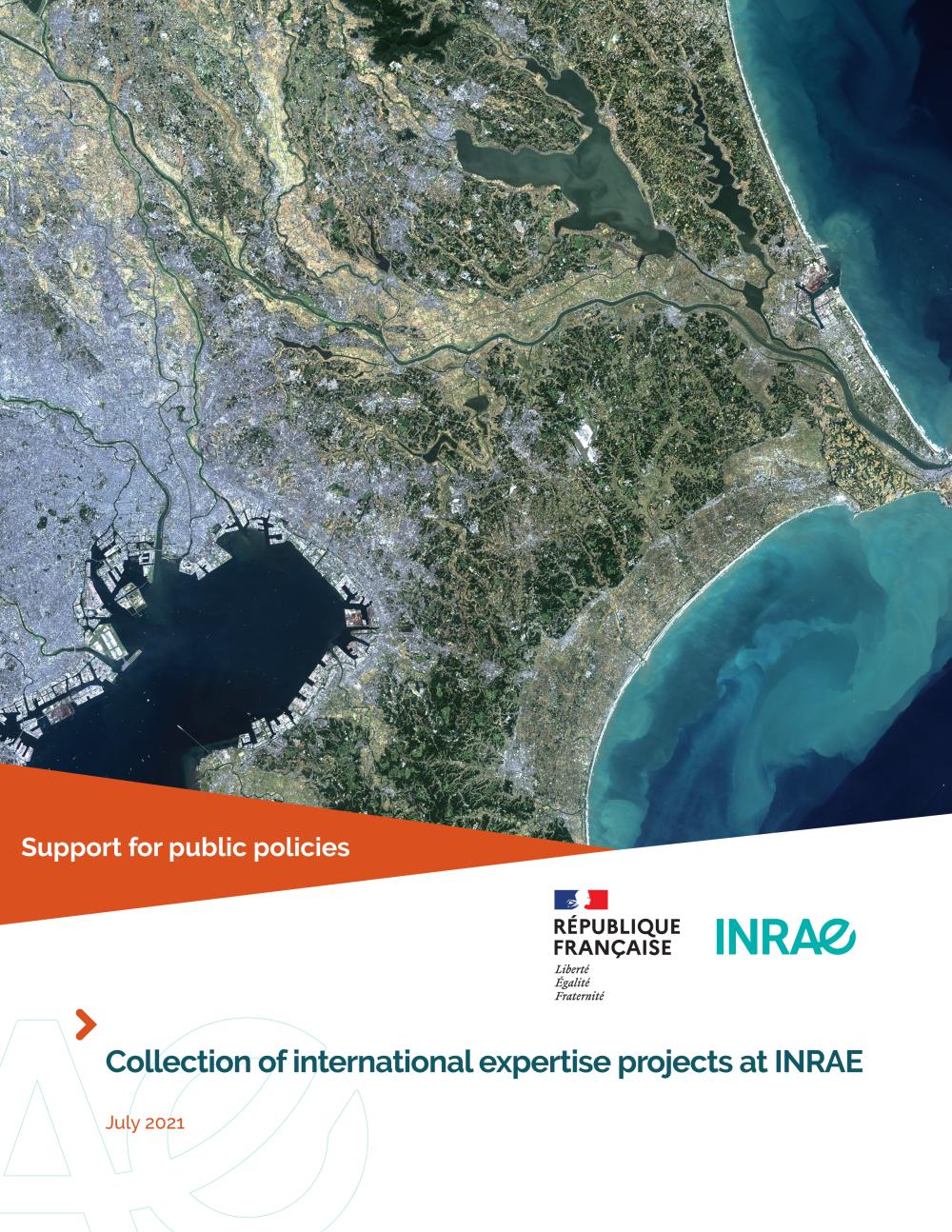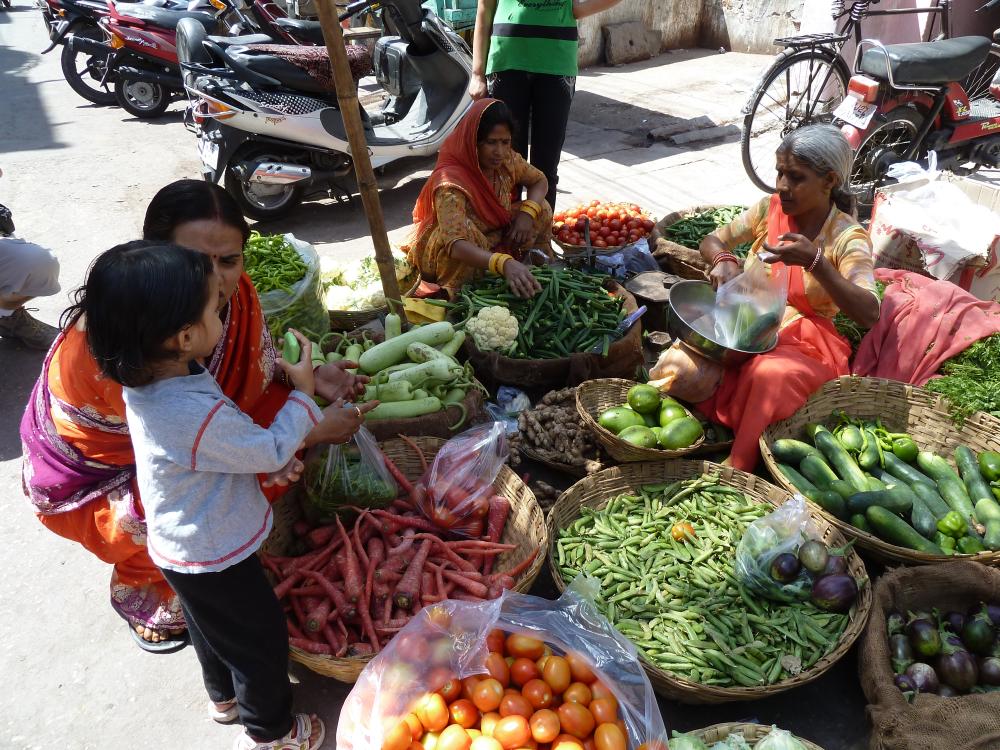Science, society and public policy: Global issues
INRAE’s expertise: inform, anticipate, assess
Providing in-depth information and support for public policies is a major part of INRAE’s activities. They help lay the groundwork and support the comprehensive transitions our society must go through, whether related to food, agroecology or energy.
What truly sets INRAE apart is its commitment to all stages of the public policy life cycle:
- setting the agenda
- formulating questions that must be addressed
- understanding the current state of knowledge
- shaping and assessing public policies
From research to public policy: shedding light and bringing support
Collective scientific assessment and foresight
Our societies face many complex issues today: pesticides, animal welfare, biodiversity, food, soil – the list goes on. INRAE produces collective scientific assessment, foresight and advanced studies to inform policy-makers on these issues. These activities contribute to public and scientific debates in France, Europe and the world and are coordinated by INRAE’s Directorate for Collective Scientific Assessment, Foresight and Advanced Studies (DEPE). They bring together experts from INRAE and other public research and higher education establishments in France and abroad.
A European dimension
Working at the European scale is key, as many public policies are developed and debated by EU bodies. To ensure successful transitions in the future, INRAE is looking to develop its expertise and support for public policies at the European level.
Better understand and promote these activities
Accordingly, we are working with the European Commission’s Joint Research Centre (JRC) to better understand and promote these activities, share best practices, raise researchers’ awareness about the benefits of getting involved in these processes, and support them through training as well as a methodological and ethical framework.
During an interview with the digital media outlet AEF, David Mair (JRC) and Patrick Flammarion (INRAE) spoke about their visions:
According to David Mair, “We need to create new forums for exchange and common processes” “We need a living, dynamic network, so that knowledge can be leveraged for public policy issues needing support from science”
Patrick Flammarion: “I believe we must encourage more balanced career development between academics and policymakers” “Many researchers also find that these requests provide them with opportunities, help them understand a problem in a new way, create partnerships, and ask new research questions.”
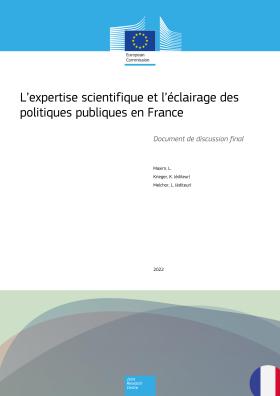
A very first description of the French ecosystem of “science for policy” players was produced by Laura Maxim (LISIS) in September 2022:
Science is a key resource for public policy decisions. This report provides an overview of the organisations operating at the interface between science and public policy in France, in two specific areas: the environment and agri-food. It outlines a typology of scientific organisations working to support public policies and highlights several relevant questions for further reflection on the ecosystem of scientific expertise and public policy in France.
These questions concern
- the autonomy of expert scientific knowledge vis-à-vis political power, and therefore the capacity of scientific experts to alert authorities in the event of a problem;
- communication between the various organisations working on the same scope of action for effective coordination;
- the links between the various types of scientific knowledge production and use that are relevant to policy decision-making;
- the ecosystem restructuring strategy; and more generally the role of scientific knowledge in decision-making.
Events and training courses
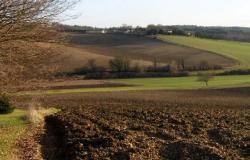
What is science-based advice for policy, and how is it used? This was the subject of an European training course and co-creation workshop on science-based advice for policy in agriculture and environment. The event was organised by an informal network led by Aarhus University, with the participation of INRAE.
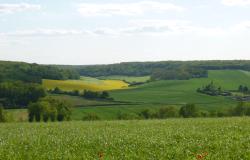
INRAE organized a PEER-Alternet Science-policy interface webinar on January 11. The webinar focused on the example of a collective scientific expert report at the request of public authorities on the impacts of plant protection products on biodiversity and ecosystem services.
Zoom on an innovative foresight approach to developing European policy
How can European food systems be made more resilient to multiple risks?
60 European food systems experts and practitioners were invited to the Food Alert simulation workshop to develop practical policy responses to a fictional but very realistic food system crisis involving multiple climate-induced supply "shocks". Such was the exercise conducted in February 2024 by the Food Alert convening partners (Sciences Po, Centre for Systems Solutions, Prospero and Partners, Chatham House, INRAE and European Policy Centre). Twelve short- and long-term policy ideas emerged from this workshop, from mandating strategic food reserves to increased investment in food innovation.
Participation of a wide range of high-level European experts
The 60 experts were from the European Commission, member state governments, industry, civil society, academia, and media. Among them, Jean-François Soussana, INRAE Vice President for International Policy, Guy Richard, director of collective scientific assessment, foresight and advanced studies at INRAE and Claire Meunier, coordinator of foresight at INRAE, participated in this project sponsored by EIT Food and the DG AGRI of the European Commission. Guy Richard stresses the interest of this type of workshop “In times of increased uncertainty, we believe the novel foresight approach developed with the “Food Alert” project, combining science-based scenario building, design fiction and role play, is very promising for stimulating collective intelligence and imagining how policies will support more resilient future food systems.”
> Food Alert Simulation Workshop Report "Stress testing the EU's food system"
> Press release (27 March 2024)
International project expertise
A world-renowned player when it comes to implementing pioneering research projects
INRAE is now a world-renowned player when it comes to implementing high-level research projects. However the increase in international expertise projects is a new vector, through which we can promote our know-how by enhancing our visibility and reputation.
INRAE’s “international project expertise”, coordinated INRAE’s Directorate for Support for Public Policies (1), mainly deals with responses to calls for projects or direct requests from international organisations, countries, local and regional authorities, foundations and development banks.
This type of expertise is characterised by cutting-edge services that include:
- technical assistance and institutional support,
- scientific analysis, clarification and methodological support,
- critical data analysis, project evaluation and support (impact studies).
These services usually concern large-scale projects (e.g., construction, restructuring and development projects) affecting a large area or even a country. Additional projects include those created to develop management and prevention plans. These types of projects, financed by a public or private donor, are implemented in anticipation of, or in response to, a change in local, national, European or international public policy. Support may also be provided for projects that will serve as demonstrators and showcases for an organisation, thus catalysing know-how and “the ability to solve a specific problem”.
[1] In close consultation with the Director of International Relations, the Vice-President of International Research Policy, and international agreements

